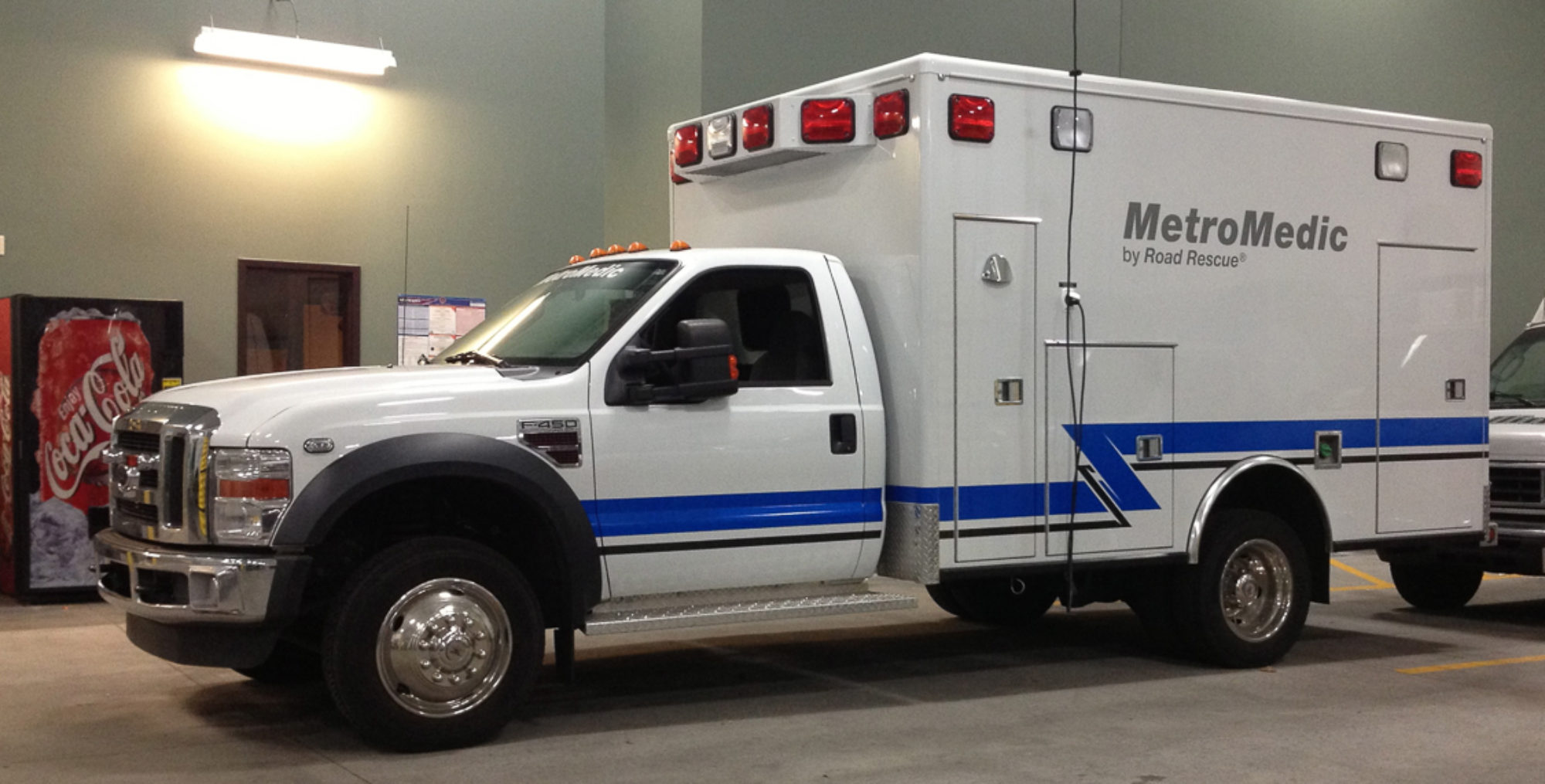Some may read the title as “moron degrees.” That is what it seems many in the debate regarding paramedics earning degrees believe them to be. An unnecessary and burdensome requirement only a moron would require. Ok, maybe that’s too harsh. I should not characterize all those who are against degrees for paramedics consider my side morons. Additionally, most temper his or her disagreement for a requirement with acquiescent encouragement to seek more education on their own.
Lack of research again
Consider for a moment the argument paramedics are not nurses. Most, if not all, research in cognitive enhancement with higher education involves nurses. There is a subtle irony in this debate. The fact that there is no evidence to ponder (degrees improve paramedics) is perhaps more of a convenience for paramedics who’ve never been trained to evaluate evidence! The point of this post is not a rehash the lack of evidence, but the disconnect paramedics have from research and education in a field driven by research and one in which education is paramount.
Lack of degree
Yes, no one magically becomes a genius who effortlessly parses evidence-based best practices because they earned a degree (unless they become an epidemiologist or statistician!). However, medicine is now a certification-dependent domain. Even a person with a uniquely intrinsic understanding of medicine cannot “challenge” the USMLE to become a doctor. As I’ve pondered in other posts: Are paramedics so different that research in other fields (e.g. nursing) cannot be applied to paramedics?
Good reasons exist why motivated and intuitive people cannot become nurses, physical therapists or physicians by taking a test without training. There are minimum standards built around precise education which need to be met. Paramedic training is no different. To be eligible for state or national certification, candidates must attend an accredited program. Accredited programs follow a proscribe curriculum. Yet paramedicine explores little outside of a narrow scope of conditions and pharmaceutical arsenal. Even less so is the academic rigor necessary to understand medical literature. Students may read periodicals, like JEMS and EMSWorld. For what it’s worth, they are not medical journals; they are trade journals. These publications provide industry news and refresher-type material on medical conditions. However, they do not inherently advance medical practice. Consider them just-in-time training.
Articles in these magazines are important and speak to their intended audience. To digress for a moment, is the average paramedic able to evaluate a research article in Prehospital Emergency Care or Annals of Emergency Medicine? I am not talking about the ability to scrutinize the statistical power or run a chi-square distribution to assess research validity. I am speaking of a capability to assess if the hypothesis was answered by the results. Can one agree with the researchers beyond “gut feeling” or anecdotal experiences? This matters for alteration of practice. Want to rid EMS of c-collars? Start with literature.
Despite my slight digression, I find the inability for paramedicine to establish its own scientific foundation – what some might call evidence-based practice – a major contributor to paramedics remaining an afterthought in the healthcare continuum. Or, perhaps this is another chicken-and-egg conundrum? I will grant this consideration. Yet as important as appreciation for root causes and “how it used to be,” there is no point in lamenting the past, especially when it stunts our future.
Professional advancement
Which integrated member of medical teams do not need degrees? Nursing Assistants, Medical Assistants and Dental Assistants. In medicolegal terms, they have no independence. These assistants carryout orders and do essential but menial tasks. They preform simple tasks to maximize doctors’ and nurses’ time for cognitive work and advanced skills only permitted to them. Paramedics (and to lesser extent EMTs) are extensions of physicians. We do so with varying degrees of freedom and act with implied trust of medical directors. But for how long? Operating at our educational status quo, rapidly advancing medical understanding will outpace our technician standing. Knowledge and thinking required to use developing equipment will require higher level medical professionals to work prehospital.
Conversely, think your occupation is so special? Creighton University offers paramedic certification in a two week course. Applicants must be a licensed physician or nurse with two years experience. This is offered to frame the debate.
Eat my dust
As a profession, we are way behind the curve not the steering wheel. The ambulance has left the station, driven by nurses who have more training, as we still look for the keys. I am referencing the recent program initiated by the Beverly Hills (CA) Fire Department. Skipping over Community Paramedics (about 200 extra hours of training, but no degree), nurses with advanced licenses are coming to the prehospital arena. Paramedics have no standing in the medical community, as trained providers to offer the level of care offered by Nurse Practitioners. Paramedics could have been working toward this over the last few decades. Unfortunately, we argue over what constitutes an attempt at intubation, laugh at MAST pants, and ridicule c-collars.
As professionals, we gripe about being treated poorly as simple drivers. But we don’t carry clout necessary in medicine – a degree. When it comes to healthcare professionals, advanced degrees and board certifications or fellowships are the prevailing currency. We cannot even agree on the benefits of a basic two year entry-level college degree. This is an age when “good sense” and “initiative” are not enough to work in medicine; even assistants need to get specific training and pass an occupational assessment. They do not need a degree… and neither do we.
Conclusion
The path to more responsibility, better acceptance, and increased professional self-determination is through education. Our profession won’t excel relying on a lack of evidence as evidence that paramedics are different, therefore we don’t need a degree. We aren’t going to win over medical doctors without evidence. And we aren’t going to change regulations without support of medical doctors.
